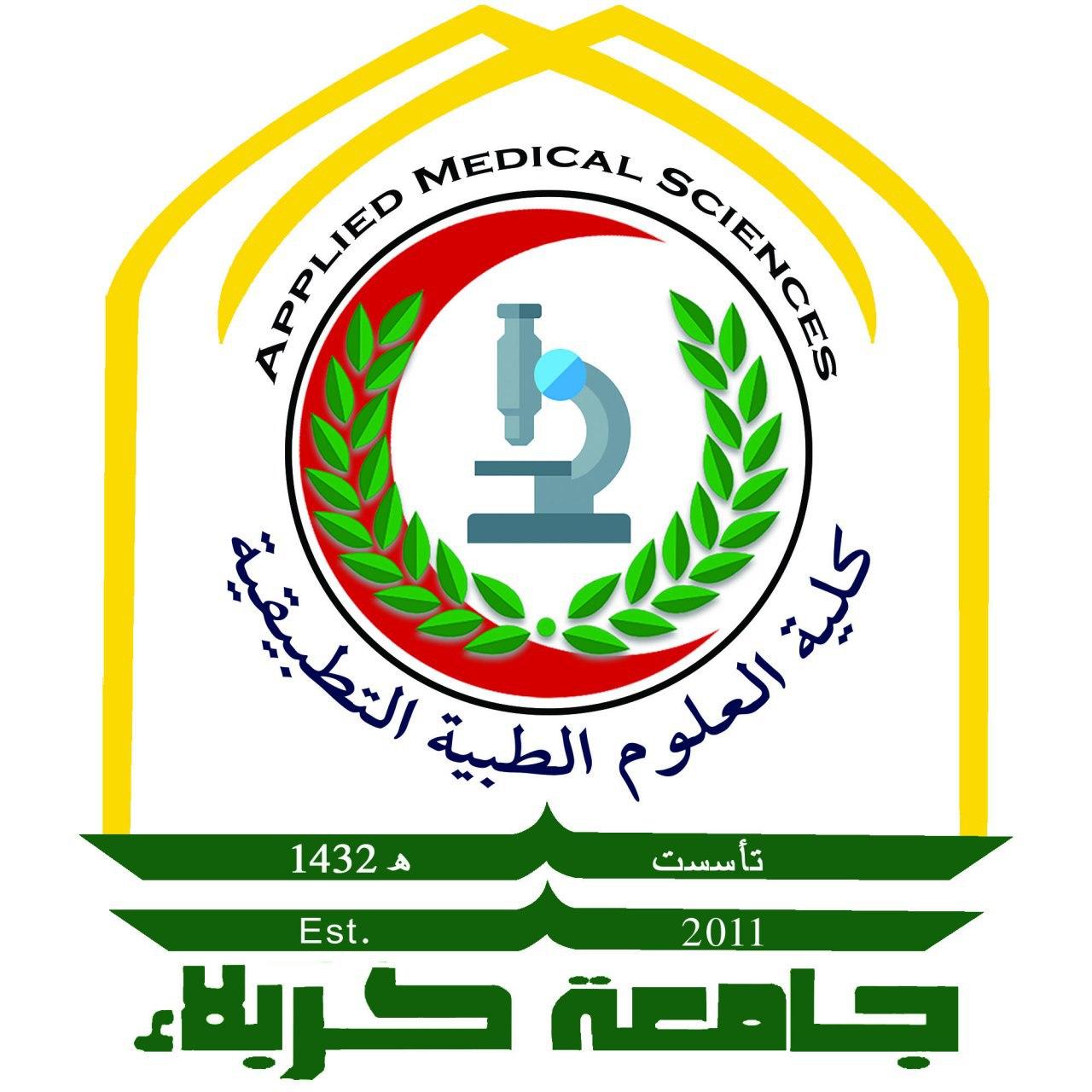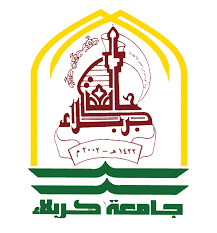Blog
Snapshot of Genetic Diversity of Mycobacterium Tuberculosis in Al-Sadr City, by Using Mycobacterial Interspersed Repetitive Units-Variable Number Tandem Repeats (MIRU-VNTR) Genotyping Method. A Preliminary study
Abstract
Background: Genotyping methods of M. tuberculosis (MTB) isolates such as MIRU VNTR provides informations that may help in TB control program because it help in detecting the infection, confirming lab errors, determining treatment failure, reactivation and exogenous reinfection, and to detect any epidemiological link between patients by monitoring the transmission chain and identifying successful clones of MTB isolates and especially those with multidrug resistance. Al-Sadr city is the most populated city in Iraq with majority of people are living under the poverty line. Crowdedness and poverty are two essential requirements for successful tuberculosis (TB) transmission.
Aims: To Shed light on the genetic diversity, clustering rate and transmission dynamics of TB cases while assessing the utility of 15-loci MIRU-VNTR in typing of MTB clinical isolates in Al-Sadr city.
Subjects and Methods: Twenty nine MTB culture isolates were genotyped by using MIRU- VNTR-15 typing.
Results: Twenty five distinct type were yielded, 8 isolates (27.6%) were grouped into 4 clusters (2 isolates/cluster), and 21 (72.4%) were unique. The clustering rate was (13.7%).
Fourteen out of 15 loci were moderate or highly discriminative (h> 0.6, and h> 0.3, respectively) according to their allelic diversity. The mean of the allelic diversity of the 15 loci was high (0.64), indicating the high power of discrimination of MIRU-VNTR typing (HGDI was 0.99).
Conclusions: MIRU-VNTR typing has a high discriminatory power and is useful in identification of the origin and transmission of M. tuberculosis isolates Al-Sadr city and possibly other densely populated cities in Iraq.
Post Views: 29



























































